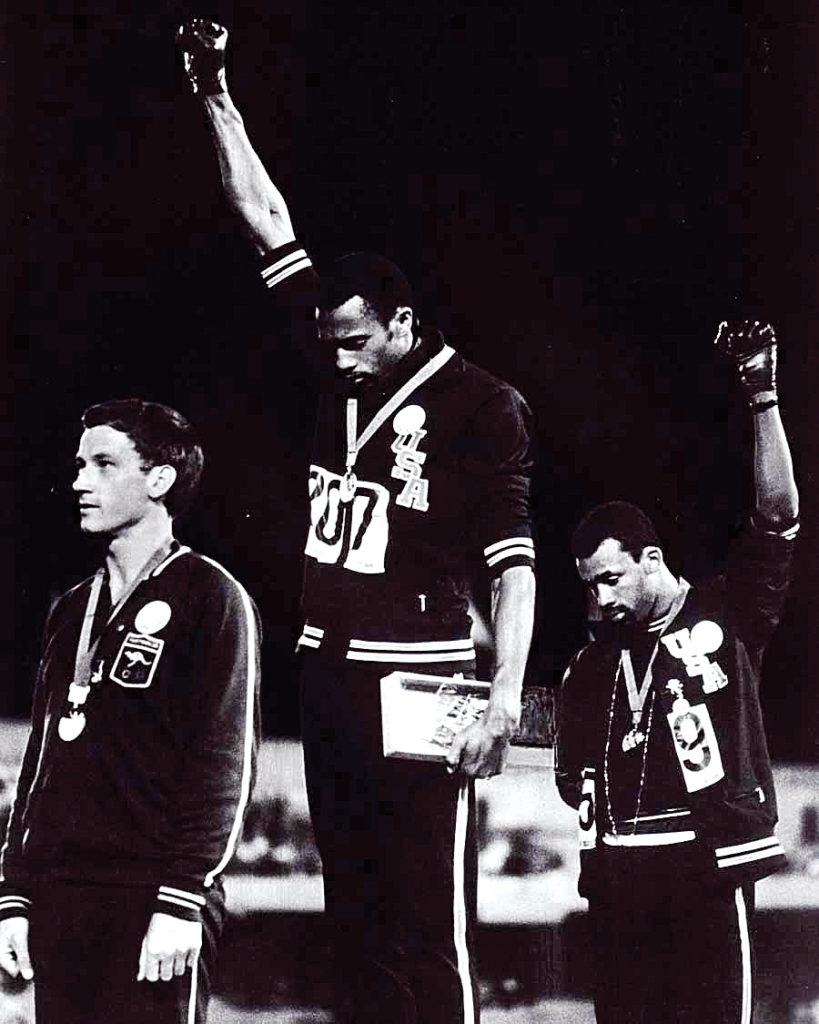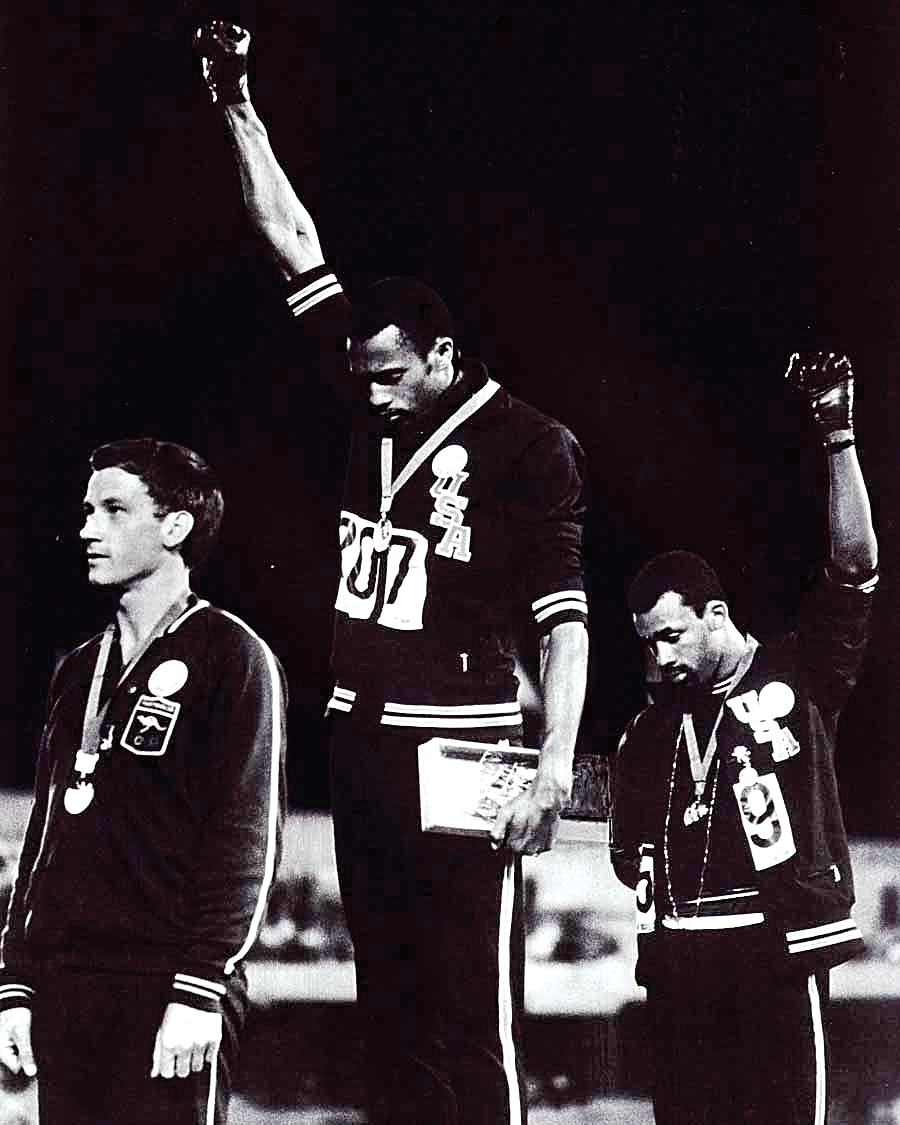John Carlos brings light to the movement and his story
Wayne Hudson
Sports & Health Editor

Sacrifice. This concept is often overlooked in the modern era of sports. As fans, we understand that the best of professional athletes harness their talent, push their performance, and sweat determination to achieve their goals. That kind of sacrifice is understood. But the sacrifice to evolve the sporting world, to make a colossal difference, is foreign to many. To understand moments like those we are forced to look to the past. Amidst these profound moments is the Black Power salute.
John Carlos, who participated in this historic moment in Olympic and sporting history, spoke at York this past Thursday about his book, his race, and everything in between. The salute happened at the 1968 Olympic games, when teammates John Carlos and Tommie Smith raised their fists to the sky to symbolize the need, and the movement for black civil rights. Dave Zirin, co-writer of The John Carlos Story calls it “the most beautiful and inappropriate moment in sports history.”
The salute was for black civil rights, but more importantly, for the Olympic Project of Human Rights, a movement started by athletes to fight for social justice in sports.
“During the ‘60s, all of the best athletes thought of themselves as a part of the struggle,” says Zirin. “Arguably the greatest basketball player, Bill Russell; the best college player, Kareem Abdul-Jabbar; the best football player, Jim Brown; and the greatest, Muhammad Ali. It’s something that you did—you fought for where you stood.”
Carlos touched briefly on some of the hardships he faced afterwards: the slander, and ridicule. Carlos and Smith were suspended from the Olympic games for the rest of their lives by Avery Brundage, the president of the International Olympic Committee at the time. Ultimately, Carlos’ wife ended up taking her own life because she could no longer handle the scrutiny.
But Carlos focused on the moments where his perspective changed, from the times he was a child and decided he was going to become the first black Olympic swimmer, to the days where he fully realized the disadvantages in society for black people and why they turned to drug abuse. Although, these defining moments contributed to the man who raised his hand high on that fateful day—one moment stands out: the day he met the first man to cross the colour line in baseball, Jackie Robinson.
“I realized he went to UCLA and graduated in the top half of his class,” says Carlos.
“I realized that he was a four-letter sportsman in college. I realized that he went into the United States army, served gallantly and came out. I realized he was the first man to get into baseball. But most of all I realized that for the same reason I was, he was ridiculed, misused and abused. The pain that Jackie Robinson had to endure to make a difference was a pain that he had to shoulder himself. He had true grit, he had the ultimate commitment in his life, in his soul and his heart. Not only did he meet all of his expectations but when he was older he was still trying to break the stereotype of black people, trying to set the record straight—he had total commitment. I was blessed by God to meet Jackie Robinson.”
It was moments of understanding and appreciation like these that compelled Carlos to fight for black civil rights. It is what led to his salute, to wearing all the symbolic clothes while on the podium.
The actions touched and inspired so many people. Through all of the white-washed and slanderous media designed to diminish the actions that took place, some people were able to see the meaning in what happened. Peter Norman, the Australian runner that came in second place, asked to join the cause on the podium just moments before it happened, saying he believed in what they were doing. He wore an Olympic Project for Human Rights button and stood strong.
“I know I took the hardest road possible,” says Carlos. “But the only thing I wish, was that I was able to protect my wife and kids more. I don’t think I fully realized the toll it would on them all.”
Tommie Smith, Peter Newman, and especially John Carlos, show there is much more to sports than the hyper-commercialized, star-player focus. There are moments when players transcend those focuses and have 100 per cent commitment. Without that, how can a person bear the burden and pain of change like this man did?


